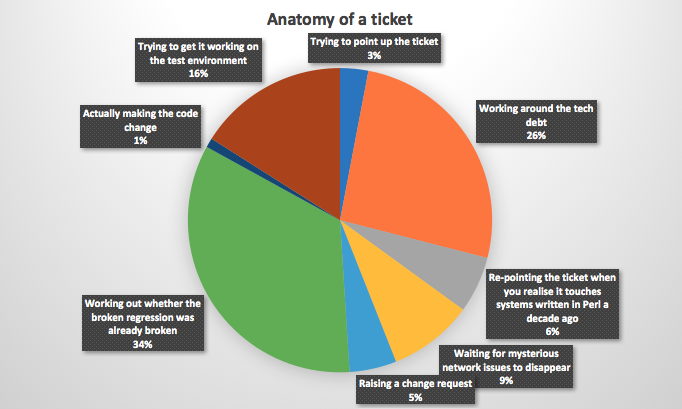Feel-good Productivity
Sunday, September 1st, 2019 | News, Success & Productivity

It’s the course launch people have been asking for. When I put up a question on Facebook earlier this summer, productivity was the number one topic that people asked me to teach.
I was hesitant. There are already a load of productivity courses out there, and I knew it would be difficult to write because productivity is a core part of my identity. In such circumstances we often find we procrastinate a lot because if we are unable to articulate and teach those skills, it challenges our self-esteem. Luckily, I’m a psychologist and I know how to deal with that. In fact, I teach those skills in the course.
Despite the competition, I decided to the time was right to make the course. Why? Because I don’t like a lot of the stuff out there. So many courses are about tricks to cram even more stuff into your schedule. They work, but they can leave you even more tired and stressed, or reinforce unrealistic expectations.
Feel-good Productivity is based on compassion. We’ll start by challenging the idea that you need to be productive. We’ll focus on getting rid of stuff from your calendar so that you can focus on what is truly important. We’ll deep-drive through the psychology of procrastination, avoidance, focus, goal-setting and grit so that you have evidence-based strategies for getting more done with less stress. And we’ll learn why relaxation and being kind to ourselves will boost our productivity in the long-term.
If all of that sounds good, I would love for you to join me inside the course. It has only been live a few days and almost a thousand students already have.

You can watch the course trailer below, or head over to Udemy for a full course preview including access to the first few lessons.

It’s the course launch people have been asking for. When I put up a question on Facebook earlier this summer, productivity was the number one topic that people asked me to teach.
I was hesitant. There are already a load of productivity courses out there, and I knew it would be difficult to write because productivity is a core part of my identity. In such circumstances we often find we procrastinate a lot because if we are unable to articulate and teach those skills, it challenges our self-esteem. Luckily, I’m a psychologist and I know how to deal with that. In fact, I teach those skills in the course.
Despite the competition, I decided to the time was right to make the course. Why? Because I don’t like a lot of the stuff out there. So many courses are about tricks to cram even more stuff into your schedule. They work, but they can leave you even more tired and stressed, or reinforce unrealistic expectations.
Feel-good Productivity is based on compassion. We’ll start by challenging the idea that you need to be productive. We’ll focus on getting rid of stuff from your calendar so that you can focus on what is truly important. We’ll deep-drive through the psychology of procrastination, avoidance, focus, goal-setting and grit so that you have evidence-based strategies for getting more done with less stress. And we’ll learn why relaxation and being kind to ourselves will boost our productivity in the long-term.
If all of that sounds good, I would love for you to join me inside the course. It has only been live a few days and almost a thousand students already have.

You can watch the course trailer below, or head over to Udemy for a full course preview including access to the first few lessons.



